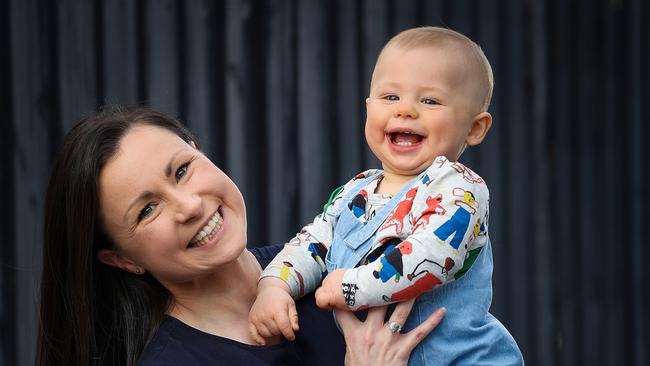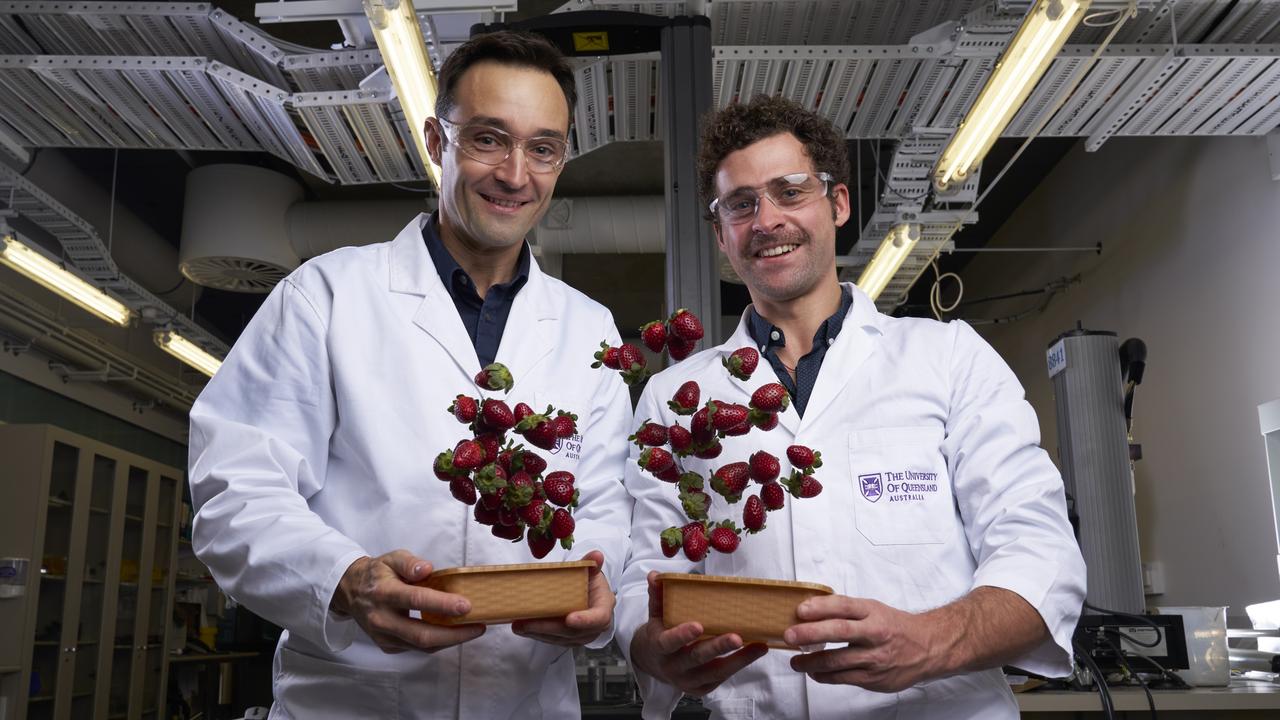Happy to bring life’s work home
When Hudson Institute scientist Stacey Ellery became pregnant with her first child, she saw a unique opportunity to put her pregnancy and perinatal research to the test.

When Hudson Institute scientist Stacey Ellery became pregnant with her first child, she saw a unique opportunity to put the pregnancy and perinatal research that had become her life’s work to the test.
Dr Ellery had for years studied whether nutritional supplement creatine, when taken in pregnancy, has a neuroprotective effect on babies and whether it can maximise the chances of a healthy labour and baby.
“I’ve literally been living and breathing this research for 10 years now and found myself in the position of being pregnant,” Dr Ellery said. “I personally felt comfortable with the safety data that we had generated and my understanding of safety from other studies … done in non-pregnant women, as did my obstetrician … I didn’t see any potential harm in taking creatine in pregnancy.”
Creatine is found naturally in foods derived from animal protein, mainly meat, fish and dairy, and used by many cells in the body to help produce energy. It plays a particular role when energy demands rise quickly and the normal energy pathways of oxygen and glucose can’t respond quickly enough or are depleted.
It is commonly used as an exercise supplement but now has become increasingly common as a supplement during pregnancy.
Some scientific research has shown that supplementing the mother’s diet during pregnancy improved the likelihood of having a healthy baby at birth. Although robust human clinical trials have not yet been carried out, Dr Ellery says there is growing evidence creatine may be essential for energy production in a range of reproductive tissues, including the muscle layer of the uterus that is crucial to labour, as well as for the growing and developing baby.
“There is also some evidence that increasing foetal levels of creatine before birth via maternal dietary supplements may help minimise injury to the baby when there are complications during labour that reduce oxygen delivery to the unborn baby,” she says.
Dr Ellery’s own labour was progressing well until the final pushing stage, when baby Archie became stuck and began to experience distress. Doctors performed a speedy forceps delivery, but she said her thoughts did turn to her creatine supplementation and whether that would help. “In some ways, it was the exact scenario we had kind of always been planning for. He was absolutely fine … I was in a tertiary centre with very highly skilled clinicians who knew what they were doing, but it definitely crossed my mind that hopefully the creatine might be helping a little bit.”




To join the conversation, please log in. Don't have an account? Register
Join the conversation, you are commenting as Logout